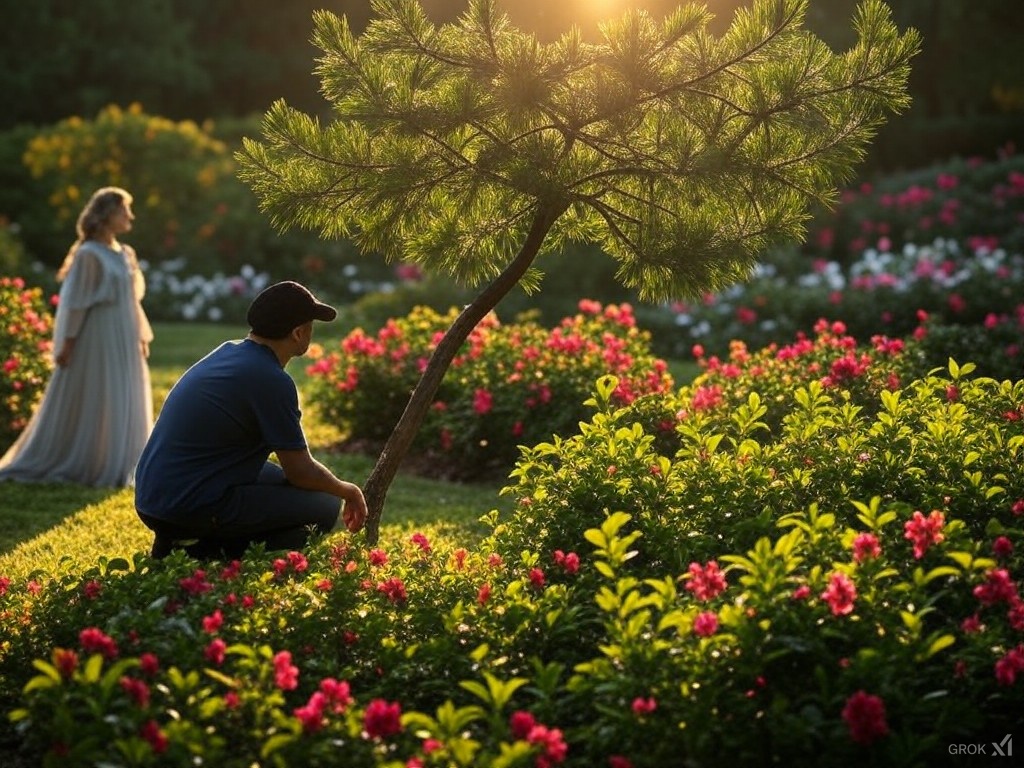Kalinka

Kalinka was written by Ivan Petrovich Larionov in Russian originally in 1860.
Understand
"Kalinka" is a famous Russian folk song that expresses joy and admiration for nature and love.
The lyrics mention the viburnum berry (kalinka) and the raspberry (malinka), symbolizing beauty and sweetness.
The song describes a peaceful moment under a pine tree and a plea for love from a beautiful girl.
Its lively melody and repetitive structure make it a cheerful and energetic song, often associated with Russian culture and dance.
Text
Each sentence has all the information needed to fully understand it, with each color showing a specific aspect:
- Translation
- Sentence in English.
- Original Sentence
- Sentence in Russian.
- Words sequence
- Each word meaning and origin.
1/14
Little guelder rose, little guelder rose, my little guelder rose!
Калинка, калинка, калинка моя!
,
,
!
2/14
In the garden there is a raspberry, my raspberry!
3/14
Oh, under the pine tree, under the green one, put me to sleep!
4/14
Ay-lyuli, lyuli, ay-lyuli, lyuli, put me to sleep.
5/14
Little guelder rose, little guelder rose, my little guelder rose!
Калинка, калинка, калинка моя!
,
,
!
6/14
In the garden there is a raspberry, my raspberry!
7/14
Oh, pine tree, you are green, don't make noise above me!
8/14
Ay-lyuli, lyuli, ay-lyuli, lyuli, don't make noise above me!
9/14
Little guelder rose, little guelder rose, my little guelder rose!
Калинка, калинка, калинка моя!
,
,
!
10/14
In the garden there is a raspberry, my raspberry!
11/14
Oh, beauty, soul-maiden, love me!
12/14
Ai-lyuli, lyuli, ai-lyuli, lyuli, love me!
13/14
Little guelder rose, little guelder rose, my little guelder rose!
Калинка, калинка, калинка моя!
,
,
!
14/14
In the garden there is a raspberry, my raspberry!

Ivan Petrovich Larionov
Russia 1830 - Russia 1889
Russian author, known as Ива́н Петро́вич Ларио́нов
Themes and Interpretation
Joy and Celebration
The lively, repetitive chorus and energetic rhythm create a sense of excitement and festivity, making this song a staple in Russian folk performances and dances.
Love and Courtship
The final verse directly calls out to a beautiful maiden, pleading for love. This suggests that the song can be interpreted as a playful yet passionate expression of romantic longing.
Nature as a Symbol of Emotion
The references to kalinka (snowball tree), malinka (raspberry), and sosna (pine tree) link the singer’s feelings to the beauty and tranquility of nature. The natural imagery enhances both the song’s romantic and meditative elements.
Longing for Rest and Peace
The request to be laid to sleep under the pine tree suggests a desire for calm and comfort. This could symbolize emotional rest, nostalgia, or even a poetic expression of weariness.
Contrast Between Excitement and Serenity
The song alternates between the energetic chorus and the gentler, dream-like verses, reflecting a dynamic interplay between joy and introspection.
Folk Tradition and Cultural Identity
As one of the most recognizable Russian folk songs, "Калинка" represents the vibrancy of Russian musical heritage, with its simple lyrics, rich symbolism, and lively melodies making it a cultural emblem.
Musical Hypnotism and Repetition
The frequent repetition of lines, particularly the "Ай-люли, люли..." sections, mimics a lullaby, drawing the listener into a rhythmic, almost trance-like state, reinforcing the song’s emotional pull.
Personal and Universal Emotion
While the lyrics might reflect the singer’s personal longing for love or peace, the themes of love, nature, and emotional yearning are universally relatable, contributing to the song’s widespread appeal.
Summary
In summary, "Калинка" is more than just a joyful folk tune—it carries layers of meaning, from romance and natural beauty to inner peace and cultural pride.
Overall, "Калинка" plays with contrasts: lively, playful choruses against calmer, more introspective verses. The singer moves from nature’s beauty and serenity to personal longing, making it both a celebration of love and a poetic expression of yearning